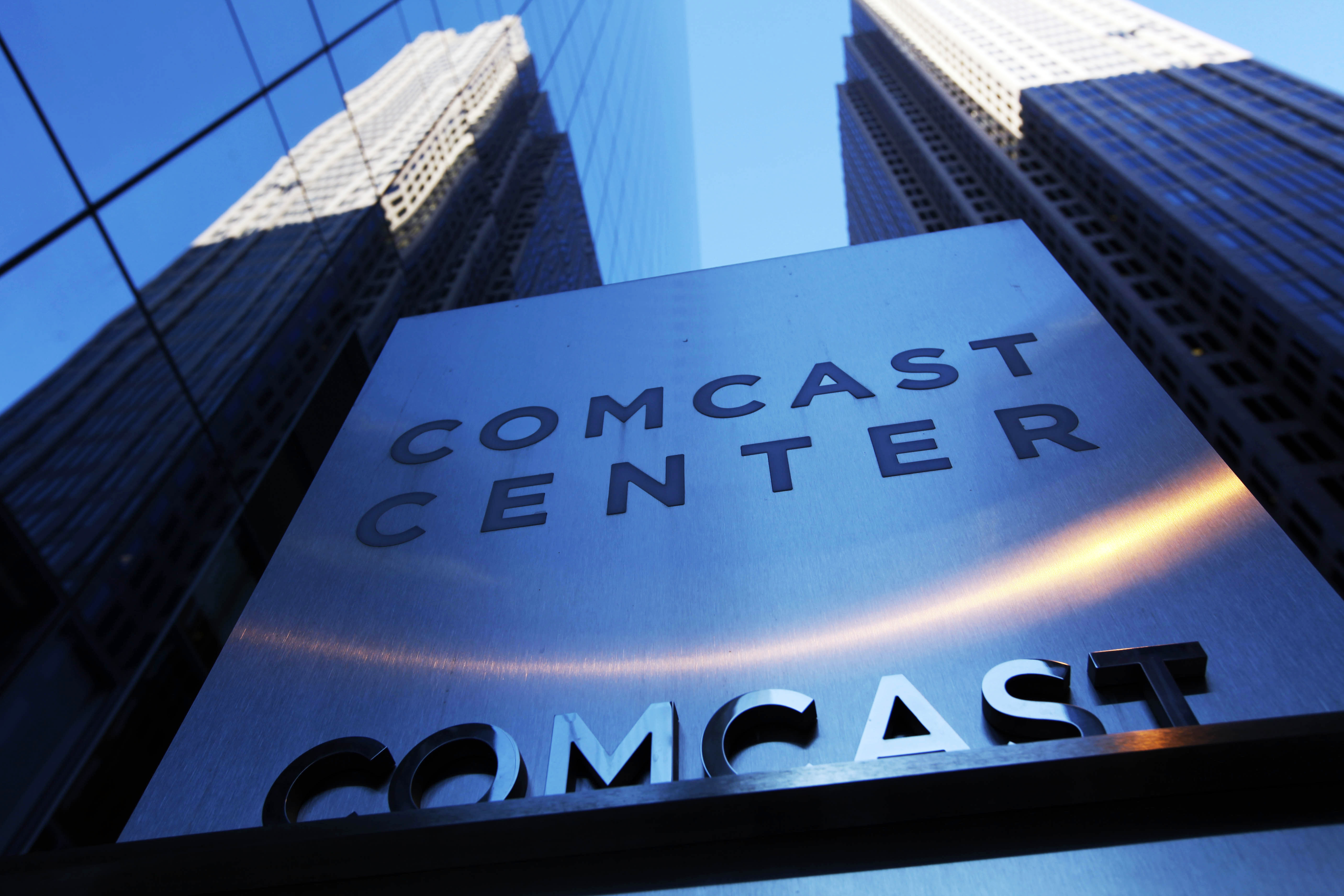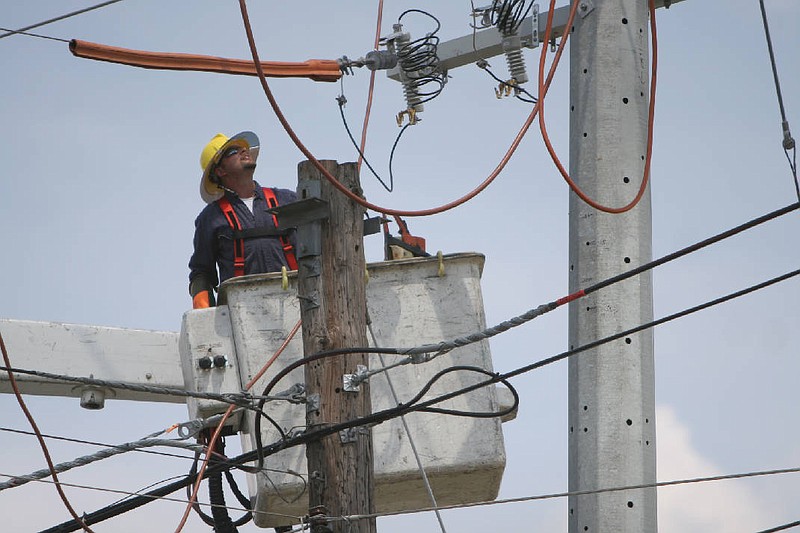 FILE - This Dec. 3, 2009 file photo shows the Comcast headquarters building in Philadelphia. On Friday, Jul;y 8, 2016, the company says it is increasing the number of home internet customers who will face limits on how much data they can use before getting hit with extra charges. The company is adding the Chicago region and says that caps will now cover 23 percent of customers, from 14 percent before. Caps already apply in Atlanta, Miami, Memphis and Nashville, Tennessee, and other regions. AT&T and some smaller providers also meter home internet. (AP Photo/Matt Rourke, File)
FILE - This Dec. 3, 2009 file photo shows the Comcast headquarters building in Philadelphia. On Friday, Jul;y 8, 2016, the company says it is increasing the number of home internet customers who will face limits on how much data they can use before getting hit with extra charges. The company is adding the Chicago region and says that caps will now cover 23 percent of customers, from 14 percent before. Caps already apply in Atlanta, Miami, Memphis and Nashville, Tennessee, and other regions. AT&T and some smaller providers also meter home internet. (AP Photo/Matt Rourke, File) While fewer than one in eight households in Tennessee can't get high-speed internet, more than three-fourths of the homes and more than two-thirds of the businesses in the state still lack broadband connections, according to a new state study released today.
The study commissioned by the Tennessee Department of Economic and Community Development found that 13 percent of all households in Tennessee lack access to any broadband internet service, leaving 834,545 people without sufficient web connections to conduct more e-commerce or web-based transactions.
But even among those who have access to broadband, most are not yet buying the faster service.
"Existing broadband infrastructure is not fully utilized because 69 percent of businesses had speed tests below 25 mbps download speed (the minimum for broadband service) and 76 percent of households had speed tests below 25 mbps download speed," the 172-page study found.
Only 5 percent of those surveyed in the study said they had no internet at their home and only 2 percent said they don't think they need the internet. Most of those on the web in Tennessee are connected with lower performing connectivity devices or connections, such as satellite, dial-up, DSL or wireless.
Upgrading service to provide fiber-to-the-home to every household is projected to cost somewhere between $819.5 million and $1.7 billion, depending upon the level of service provided.
The study was commissioned by the Gov. Bill Haslam's administration to help state lawmakers decide on ways to broaden broadband coverage, including a proposal backed by EPB in Chattanooga to allow broader municipal broadband coverage across Tennessee.
The study received more than 23,000 responses earlier this year.
Businesses participating in the assessment reported broadband enabled 43 percent of all net new jobs and 66 percent of revenues. In addition, 34 percent of businesses classified broadband as essential to selecting their location, and 56 percent noted that it was essential to remain in their location. Sixteen percent of economic development agencies reported that businesses frequently chose not to locate in an area due to insufficient broadband.
"The department commissioned this report to establish benchmarks on broadband access in Tennessee," said Randy Boyd, commissioner for the Tennessee Department of Economic and Community Development. "We need to evaluate these options and begin a meaningful dialogue."
The report was delivered to today to Gov. Bill Haslam and members of the Tennessee General Assembly.
"The information in this report is a starting point to advance the conversation about broadband access in our state," Haslam said. "An internal working group will review the report and have discussions with stakeholders to develop potential solutions to close the gap on broadband access in Tennessee."

